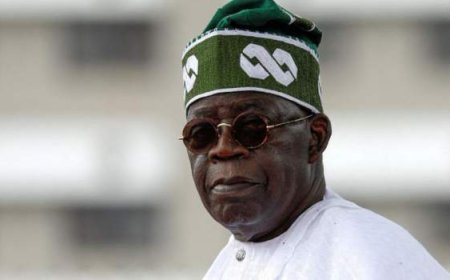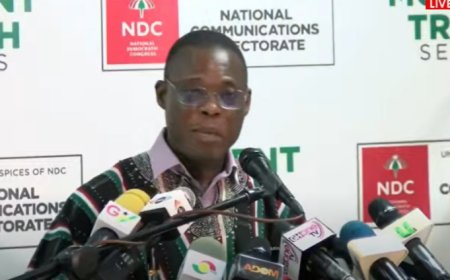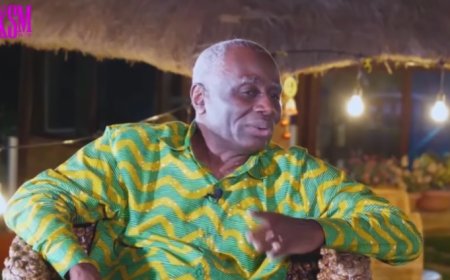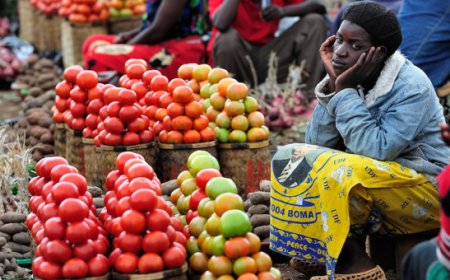Government Unveils Policy to Combat Forced Labor and Improve Working Conditions in Fishing Industry
The government introduces a comprehensive policy to combat forced labor, human trafficking, and other challenges in the fishing sector, with support from the International Labour Organization (ILO). The policy aims to improve working conditions, ensure fair recruitment practices, and promote collaboration among stakeholders.
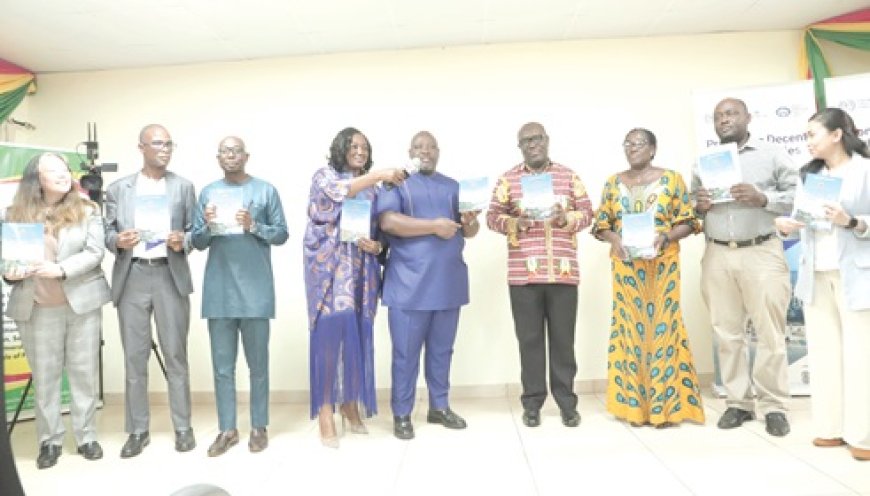
In a move aimed at tackling various challenges plaguing the fishing sector, the government has introduced a comprehensive policy outlining strategies to eradicate forced labor, human trafficking, and modern slavery, among other issues. Developed with support from the International Labour Organization (ILO), the policy is poised to bring about significant changes in the industry.
Among the key objectives of the policy are the enhancement of health and safety standards, the promotion of fair recruitment practices, and the improvement of labor inspections to ensure adherence to existing legal frameworks. Additionally, the policy aims to address low income and social protection deficits while promoting collaboration among stakeholders to safeguard the rights and interests of fishers.
During the announcement, Minister of Fisheries and Aquaculture Development, Hawa Koomson, emphasized the importance of collective action in implementing the policy effectively. She highlighted the sector's substantial contribution to the Gross Domestic Product (GDP), amounting to approximately 4.5%, and generating over one billion dollars in revenue annually. However, she also acknowledged persistent challenges such as overfishing and illegal activities like unreported and unregulated fishing.
Minister Koomson expressed optimism about the policy, stating that it provides hope for fishers by establishing minimum wages, reducing unlawful deductions, and ensuring greater employment and income security. She underscored the necessity of confronting injustices in the sector to create an environment where every worker is treated with dignity and fairness.
Furthermore, the policy is expected to contribute to the long-term sustainability and prosperity of the fishing industry in the country. Secretary-General of the Trades Union Congress (TUC), Dr. Yaw Baah, emphasized its significance in guaranteeing workplace rights, advancing social dialogue, and facilitating the achievement of Sustainable Development Goals in the fisheries sector.
Dr. Prince Asafu-Adjaye, Deputy Director of Labour Research and Policy Institution of TUC, urged stakeholders to collaborate in eradicating decent work deficits, particularly forced labor and modern slavery.
Jodelen Mitra, Global Coordinator of ILO 8.7 Accelerator Lab Programme, commended the TUC for its efforts and reiterated the organization's commitment to supporting initiatives aimed at improving working conditions for laborers in the fishing industry.
With the unveiling of this policy, there is renewed optimism for a more equitable, safe, and sustainable fishing sector in the country, signaling a step forward in addressing longstanding challenges and ensuring the well-being of workers.
What's Your Reaction?








